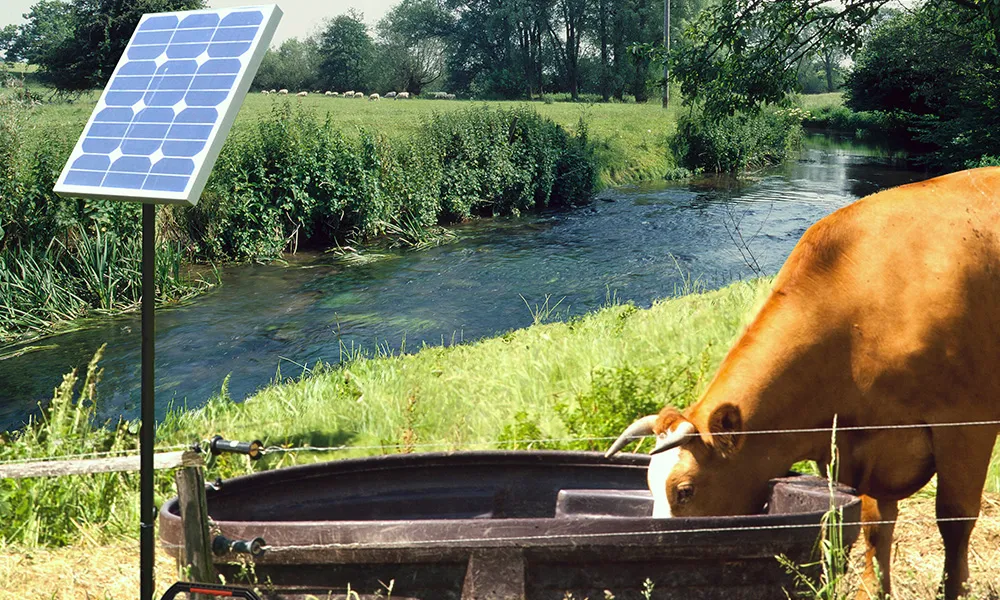
Agridirect.ie discusses the John Deere workers strike in the US, and asks what it might mean for farmers this side of the Atlantic.
All not well with John Deere
John Deere, one of the world’s largest agricultural machinery manufacturers, is in a state of deep crisis. On Wednesday, more than 10,000 Deere employees went on strike across 14 factories covering the US states of Iowa, Illinois, Colorado, Kansas and Georgia. The strike was organised after the United Auto Workers union rejected a contract it viewed as inadequate. However, the scale and intensity of the strike seems to have surprised even the organisers.
What do workers want?
As the striking workers settle in for a long struggle, they point out that Deere has made enormous profits in recent years. These healthy margins have been reflected in CEO salary, but have led to little or no pay increase for the average worker. Workers say they have contributed heavily to the generation of the company’s profits, and are entitled to an increase.
Concern for farmers
Farmers and farming groups on the ground in the US are starting to worry. They note that, if the strike continues much longer, the market availability of crucial John Deere parts will become an issue. Many of Deere’s machine parts are unique to the company’s brand. Speaking to ABC News Chicago, one Iowa farmer explained his concern that parts will be unavailable should his combine harvester break down over the coming weeks.
Supply in Ireland
Here in Ireland, supply of John Deere parts should not be impacted in the medium to short term at least, and John Deere machinery is manufactured in Germany as well as the US. However, should the deadlock at the Deere plants last weeks or even months, problems may start to arise. Farmers and suppliers on this side of the water will be keeping a close eye on proceedings as we move into the winter months. John Deere machinery is extremely popular in Ireland, and a scarcity of parts would present major difficulties for many farmers here.
Let’s hope it doesn’t come to that. Realistically, it probably won't.











